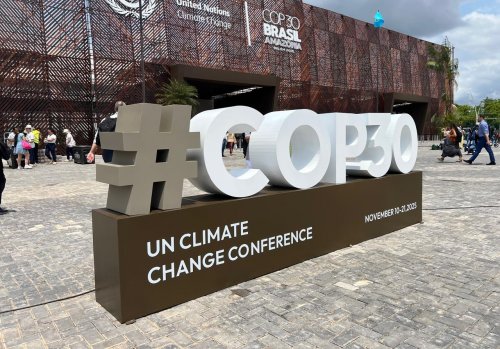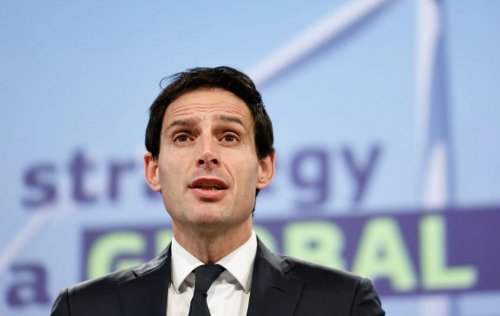On the sidelines of the COP30 Climate Change Conference, a delegation from Ukraine held a discussion on Ukrainian forests. The focus was on the impact of the war on forest resources, forestry reform, as well as demining and the preservation of natural forests.
This was reported by the Ministry of Economy, Environment, and Agriculture of Ukraine.
The impact of war on Ukrainian forests
The full-scale war has caused damage of varying degrees to about 3 million hectares of Ukrainian forests. In particular, 1 million hectares of forested areas are under temporary Russian occupation, and another 100,000 hectares are in the combat zone. Overall, the country's forest resources have decreased by 20%.
An explosive trap covering half a million hectares
Another major problem is the mining and contamination of explosive objects. Clearing 500,000 hectares of territory of these "remnants" of war is an extremely difficult task for Ukraine. Therefore, the delegates called on their partners to participate in the demining process.
"At the current rate, it would take decades to clear Ukrainian forests of mines and explosives. But we cannot wait that long: we need timber for the military, and ahead of us lies the massive reconstruction of the country, which will also require a large amount of forest products," said Head of the State Forest Agency Victor Smal.
An example of such support could be the supply of armored remotely operated harvesters. This equipment would allow land to be demined without risking human lives.
Self-seeded forests as a potential forest resource
Ukraine currently has about 2 million hectares of self-seeded forests. These have appeared on agricultural lands. The State Forest Agency has proposed the creation of a global fund to compensate communities for transferring these areas to the forest fund.
Forestry sector reforms
Despite the war, Ukraine is undergoing forestry reform. Ukrainian officials have informed their partners of the following results:
- the introduction of digital tools that help track the "path" of timber. These include an electronic timber accounting system (EOD), e-logging tickets, invoices with photos of harvested timber, and e-certificates of timber origin;
- the establishment of transparent mechanisms for selling timber on exchanges;
- the separation of management and economic functions.
"Ukraine continues to integrate advanced international experience into its strategic framework for the restoration of the forestry sector. Forests are vital not only for carbon sequestration and biodiversity conservation, but also for the sustainable development of local communities and the building of a sustainable green economy," emphasized Oleksiy Sobolev, Minister of Economy, Environment, and Agriculture of Ukraine.
As EcoPolitic previously reported, Ukraine's national pavilion at COP30 this year is called "Time Capsule." The installation focuses on the consequences of the Russian invasion for the country's environment.




